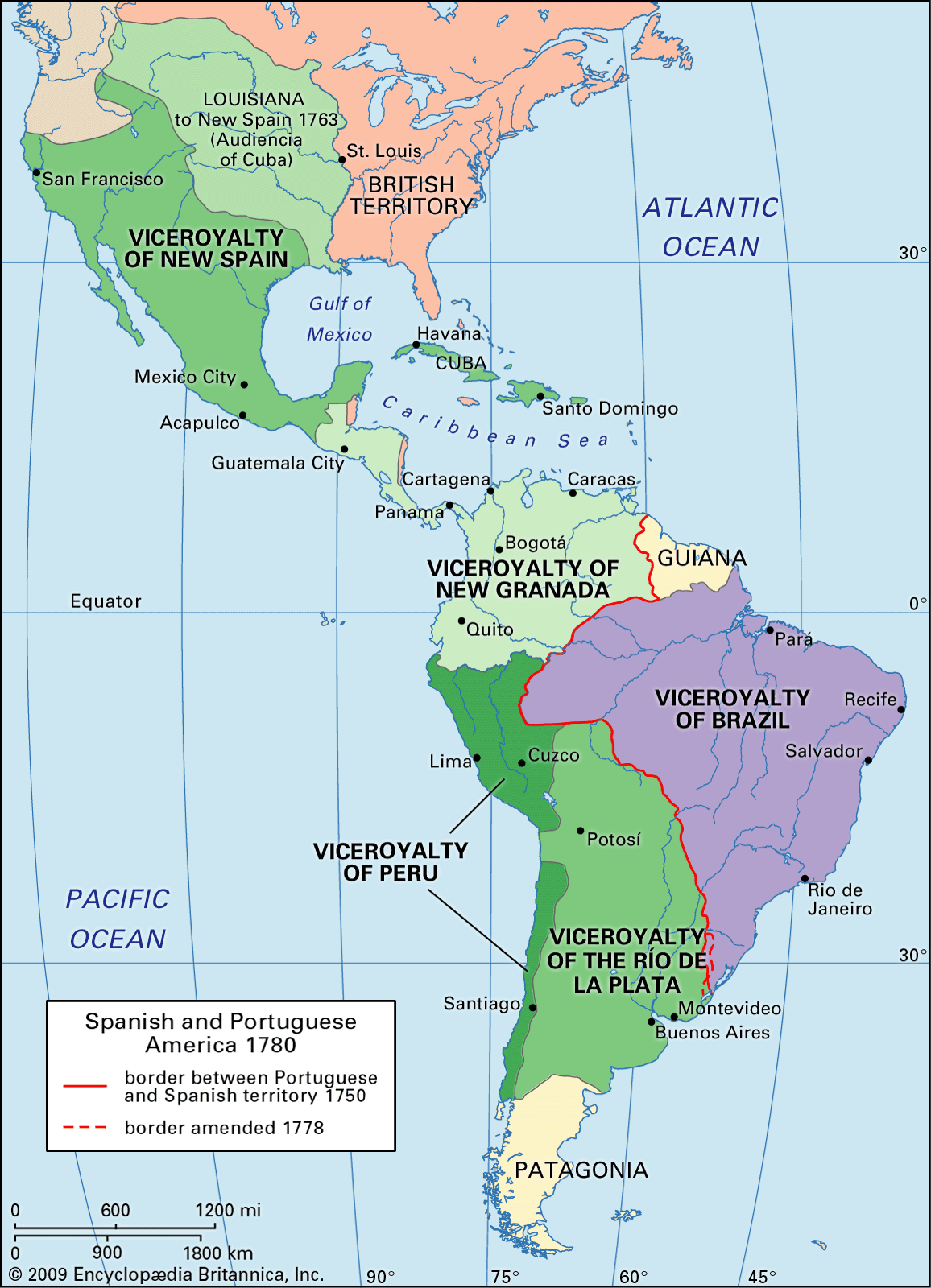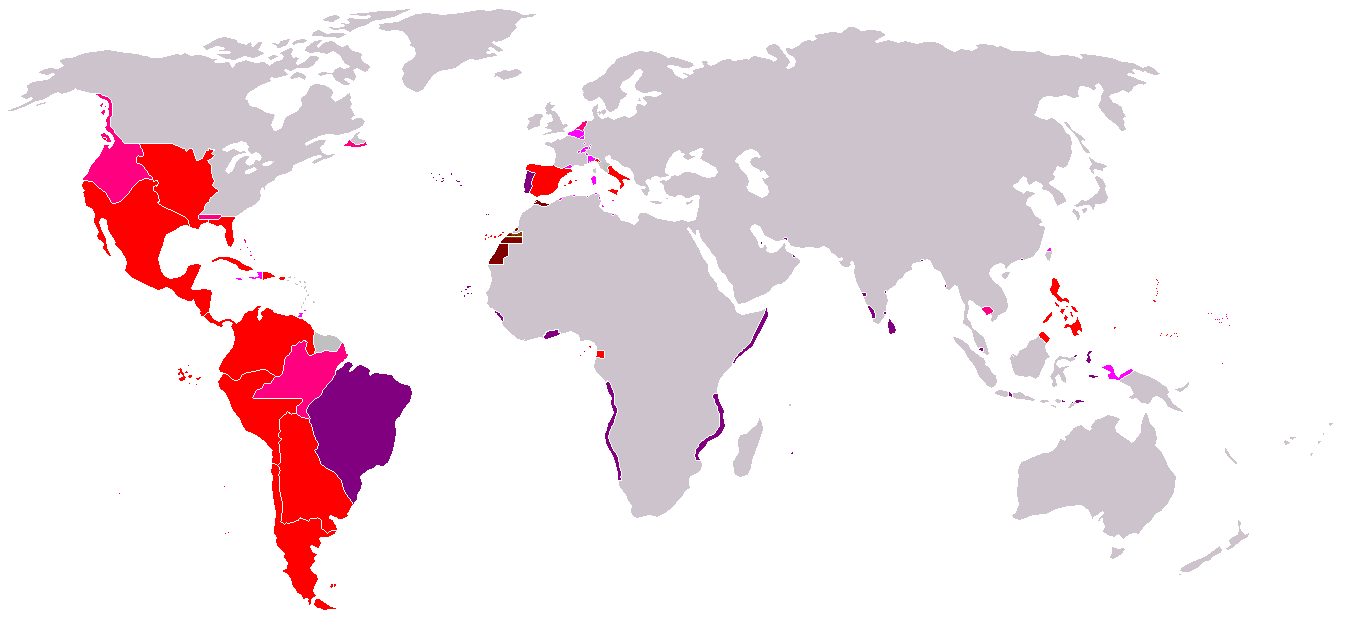
A few years back, Peggy Fletcher Stack — religion editor at the Salt Lake Tribune — asked me for some of my thoughts about the various stereotypes of Utah Mormons (vs. Mormons outside of Utah). I wrote them up and sent them to her; she never used them, so some months later I turned them into a post at Mormon Mentality.
Now Sandra and I find ourselves seriously looking at moving back to Utah, something we had never really considered (for various reasons) since leaving 25 years ago. But the house we’ve rented for the past eight years here in Colorado is getting put on the market, and Sandra and I — both now 60 years old — feel it’s time to get a bit closer to kids, grandkids, and other family members. Being in Utah puts us close to several children and grandchildren, as well as most of Sandra’s surviving family members; it also puts us a day closer to kids, grandkids, and family member (on my side) in Nevada and California. So, I thought this was a good time to repost my original thoughts, with a few minor edits.
[start of revised repost]
First, my own background. I joined the Church in 1967 at age 14 in San Diego, only member of my family to join. After graduating from high school, I attended and graduated from BYU (1971-78, less two years for a mission [Central America]). Upon graduation in 1978, I lived in San Diego (CA) and Houston (TX). I moved back to Utah in 1985, and left again in early 1988. Otherwise, I have lived in California (both San Diego and the Bay Area), Texas (Houston and Dallas), the Washington DC area (Virginia, Maryland, and in the District itself), and Colorado (outside of Denver). Not counting the BYU wards and Central American branches I attended, I have been a member of 16 wards/branches. I’ve been active since joining and have held a variety of callings, including two stints as a counselor in a bishopric. On the other hand, I’ve had a beard most of my adult life (including during both bishopric stints); make of that what you will.
Still, though we haven’t lived in Utah for 25 years, we go back there constantly, particularly since moving to Colorado eight years ago — we’re now just an 8-hour drive away. Sandra has been going there at least 4 times a year, mostly to see her mom (until her mom passed away last fall); I go along about half the time. And, as noted, we have kids and grandkids living there, so we interact with them regularly on the phone and via the ‘net.
As I see it, there are at least three key factors that make the experience of being LDS in Utah different than that of being LDS outside of Utah.
The first is inheritance. I daresay that a plurality — and likely a majority — of Mormons in Utah are Nth-generation Mormons, N >= 2. They were either born into the Church or, less commonly, descend from individuals who left the Church but have on their own joined the Church themselves. They tend to have large family networks. My wife is related to measurable portions of Utah and Idaho; her mom (Sorenson) and dad (Anderson) each came from a family of 12 kids, from rural Utah (Koosharem) and Idaho (Samaria), respectively. Utah Mormons also tend to have large and highly-connected social networks (the old fashioned kind), some of which date back decades or even more than a century.
With that inheritance and inter-connectivity comes a lot of folk and family practices and doctrine. Some of it is a survival (often in distorted or incomplete form) of what were once mainstream (or at least popular) LDS beliefs and practices in the 19th and 20th centuries. Along the same lines, there’s a lot of social behavior that within Utah is associated with being Mormon but really does not stem from the Church and the Gospel; it’s not as pervasive as it was 40 years ago, but it’s still there.
Outside of Utah and especially outside of the United States, the majority of (adult) Mormons are 1st or 2nd generation. They bring into the Church their culture, prior beliefs, family ties, and social networks that existed prior to their conversion. They tend to see LDS doctrine without a lot of the accumulated and outdated cruft (aside from threadjacked discussions or the occasional exclamation in Gospel Doctrine and RS/PH).
The second is concentration. Various words come to mind — “hothouse”, “echo chamber” — but my favorite observation is from a close friend, Bob Trammel, who — adapting a line from “Hello, Dolly” — once said, “Mormons are like manure. Sprinkle them around, and they make things blossom. Heap them up in one place, and they stink.” A Mormon here in Colorado with offbeat ideas will find they don’t spread much — the LDS density isn’t just high enough. Someone in Utah with those same offbeat ideas can easily find kindred spirits within blocks of his (or her) home; heck if he writes them up, he can probably get quite a few high priests groups within the valley to pass them along. I will acknowledge that e-mail and the internet allow some of this to go on outside of Utah’s bounds, but the dense social network is still the best medium for these things (e.g., “Today’s youth were generals in the war in heaven.“) to get passed along . Likewise, there’s a reason why most LDS splinter groups and breakaway churches start in Utah — again, the density elsewhere often just isn’t high enough to sustain such a group.
The concentration inside of Utah also make the “outliers” on either end of the Mormon spectrum (however you care to define that) much more visible. Outside of Utah, it is much easier to be quietly and invisibly unorthodox (in any direction), because you’re surrounded by people who aren’t Mormon and your ward is spread out over many square miles. Inside of Utah, your ward fits into a space of several square blocks, and pretty much all your neighbors (Mormon or not) are aware of just where you fit in (as they suppose).
The density of Mormons within Utah also tends to make wards — which are defined geographically and tend to each cover a very small area within most urban and suburban areas in Utah — very homogeneous in terms of ethnic, financial, and professional background. That, in turn, can lead to a mindset that says, consciously or not, “how the Church is in my ward is how it is or should be everywhere else.”
The third is integration of church and society, which is a consequence of point #2. I’m not talking about political issues of church and state per se (though those are certainly brought up a lot). I’m talking about the tendency to judge someone in her/his secular role based on what we believe about their commitment to and activity in the Church, as well as the tendency to ask for favors (vote for me, invest with me, sign up for my MLM organization, take a quick look at my teeth/car/dog for free, give me a discount on X) based on shared Church membership and/or prominent (local) Church responsibilities. This certainly goes on outside of Utah (cf. the Mormon affinity fraud cases in California and here in Colorado, and the White Horse idiot up in Idaho), but it is so pervasive in Utah as to make it hard to avoid.
Many, many years ago I made it a personal rule not to use someone from my ward (or even my stake) in providing professional services to me (law, medicine, automotive, etc.) — not because I think Mormons are dishonest or sloppy (I don’t), but because if I’m unhappy with them or stop using them, I don’t want that to have awkward consequences within my ward. (Case in point: my dentist here in Colorado happens to be in the bishopric of one of the other wards — which is actually in another stake — that shares our building; I see him almost every Sunday and apologize for not being back in for my regular checkup yet.)
At the same time, status tends to accrue based on callings and associations with Church general leadership. Utah remains the only place where I have heard men (though, fortunately, only a few) talk in all seriousness about their “Church career”, as they try to figure out how to go from bishop to stake president to mission president/area seventy to general authority. Likewise, for some LDS, it is the peak of status to have a son or daughters (or grandson or granddaughter) marry into the family of a general authority.
Finally, the pervasiveness of the Church in Utah actually creates a problem for the youth growing up there. About a year after Sandra and I married — with nine (9!) kids between the two of us — we decided to leave Utah and move out of state, even though our respective former spouses (and most of Sandra’s family) lived there. Why? Because the natural inclination of youth is to rebel, and in Utah, the main institution to rebel against is the Church, and we began to see signs of that already. Instead, we moved them out to northern California (Santa Cruz), where they were a tiny minority and where even the stake president wore his hair a bit over his ears. 🙂
Let me finish by saying that — aside from the ‘inheritance’ issue I mentioned above — I don’t really buy into the stereotype of the “Utah Mormon”, at least not as applying to the majority of Mormons in Utah. (I am, however, willing to grant that Southern Utah may be an exception, particularly listening to annegb.) I think that the distribution of LDS behaviors and beliefs — however you want to map that — is roughly the same inside and outside of Utah. The difference in Utah, as per the concentration issue, is that there are a lot more people in Utah that outside it who do fit the classic “Utah Mormon” stereotype, and they are often some of the most visible and vocal.
[end of revised repost]
So, if we do end up moving back to Utah, it will be interesting to see if my observations still hold; one way or another, I’ll do a follow-up post at some point in the future. ..bruce..


